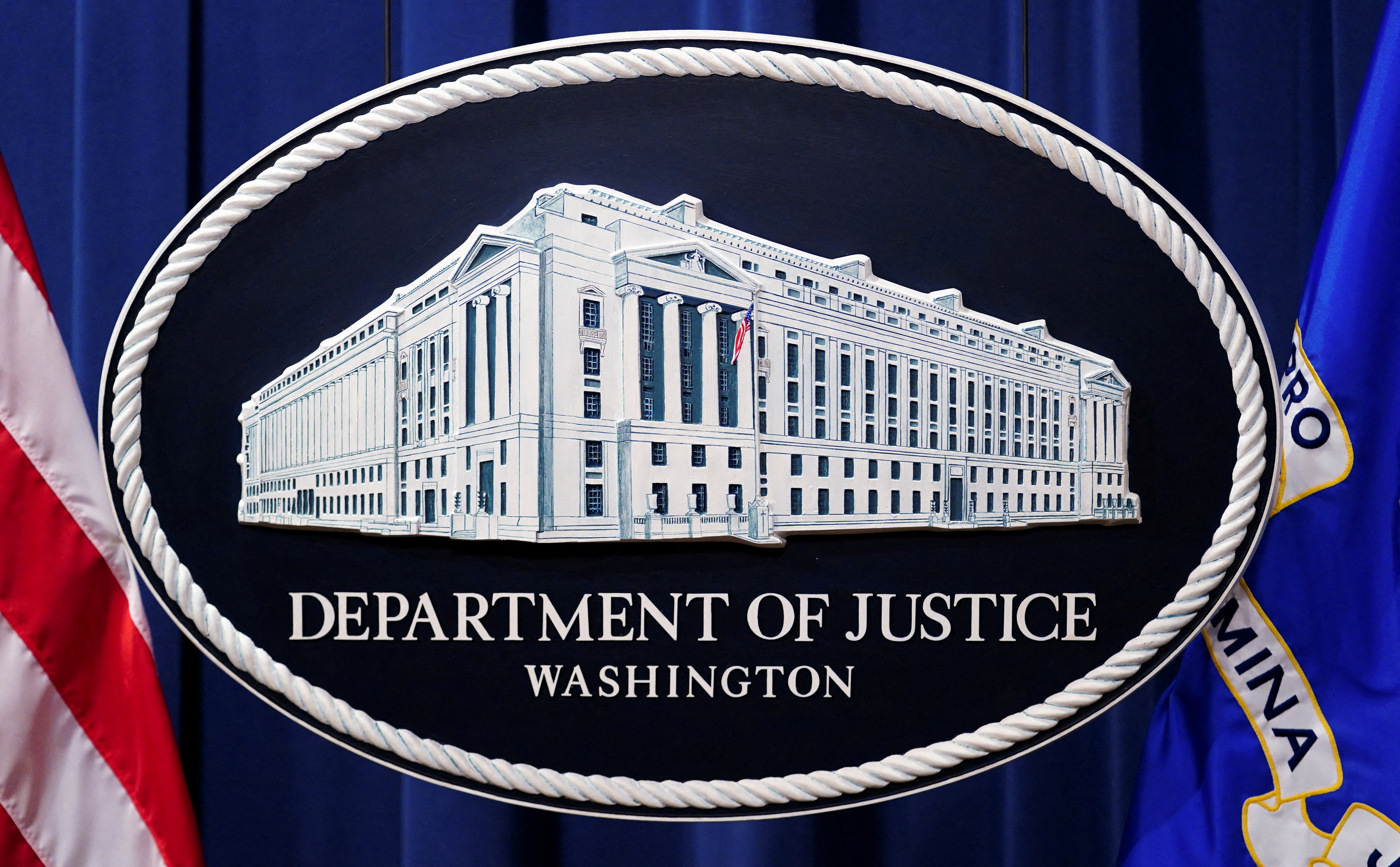 Closing Arguments Made by Google and DOJ in Antitrust Trial
Closing Arguments Made by Google and DOJ in Antitrust Trial
In a landmark case that could have far-reaching implications for Google’s core search business, the company and the Department of Justice (DOJ) are presenting their closing arguments in the government’s antitrust trial. This 10-week legal battle has brought to light the business practices of Google Search and has raised questions about its dominance in the global search market.
The outcome of this case could potentially change how Google operates, which would have significant downstream impacts on search marketers. If the ruling leads to a leveling of the advertising market, it could result in lower costs and more choice for advertisers.
The DOJ has made significant allegations against Google, which it will summarize in its closing arguments. The main points of these allegations are as follows:
First, Google used lucrative deals with partners like Apple to solidify itself as the default search engine across various devices and platforms. This has given Google a significant advantage over its competitors.
Second, Google has been paying billions annually to secure these default positions, with $26 billion spent in 2021 alone. Newly unsealed court records reveal that $20 billion of this amount was paid to be the default search engine on Apple’s Safari browser.
Lastly, Google has failed to provide a justification for why it pays such large sums of money, beyond stifling competition. The DOJ argues that this behavior is anticompetitive and harms smaller competitors in the search market.
On the other hand, Google has vehemently rejected these accusations of anticompetitive conduct. CEO Sundar Pichai testified that users prefer Google’s best-in-class search engine and that the company’s dominance is not a result of any alleged monopolistic tactics. Pichai states that Google is constantly working to provide the best search experience for users.
The outcome of this case will have significant implications for Google’s core search business if the DOJ prevails. After the closing arguments, Judge Amit Mehta will weigh the liability case before him. While it is unlikely, one potential outcome could be a breakup of Google if the judge rules against the company.
Overall, this case highlights the ongoing debate around Google’s dominance in the search market and its business practices. The ruling in this case has the potential to reshape the advertising market and provide more opportunities for advertisers. As we await the judge’s decision, the industry will be watching closely to see how this landmark case unfolds and its long-term impact on Google and the search marketing landscape.
About the author:
Anu Adegbola has been the Paid Media Editor of Search Engine Land since 2024. With extensive experience in digital marketing campaigns, Anu brings expertise in paid search, paid social, retail media, video, and more. In addition to her role at Search Engine Land, she is the founder of PPC networking event – PPC Live and hosts the weekly podcast PPCChat Roundup. Anu is also an international speaker, having presented at various industry events around the world.
